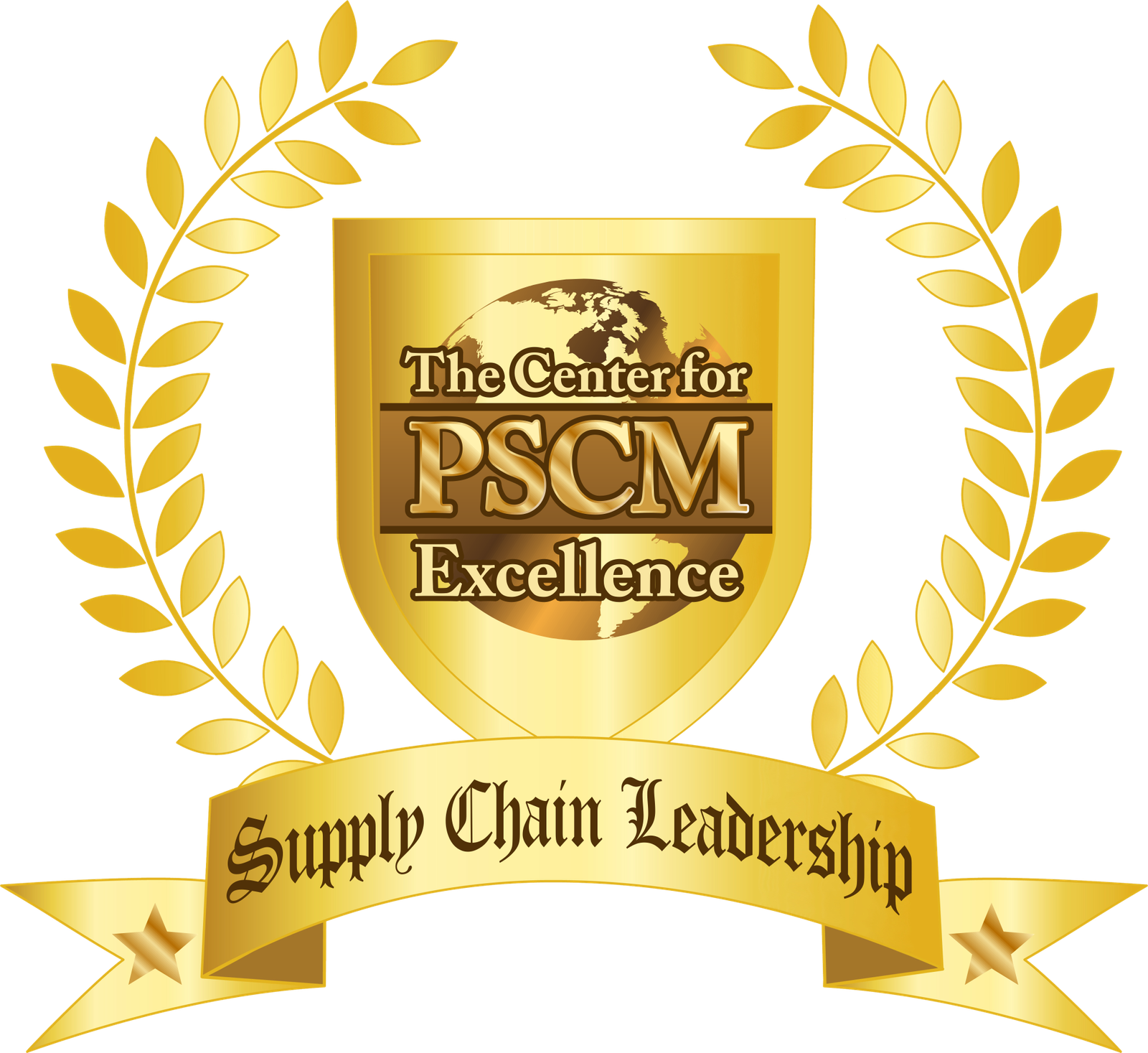
I’ll cut to the chase on this one: The problem is not the legal department. The problem is you and your procurement dept. Let me explain.
There’s really a few pieces involved. We’ll knock one of them out now. The legal dept is viewed as overhead. That means they will never be sufficiently funded, and all stakeholders get impacted by that. But we can easily overcome this by doing some other things right. Lets keep going.
Another part to this problem is that procurement throws red-hot contracts over the fence to legal and asks them to swiftly approve. You might ask “what else are we supposed to do?”.
Well, you have to remember that contracts are risk shifting vehicles, and there are two basic types of risk: legal risk and commercial risk.
Legal risk includes the potential for financial loss, litigation exposure, vulnerability to damages, public relations exposure, etc. In short, the legal dept is really focused on limitation of liability, damages, indemnification, insurance, dispute resolution, and intellectual property. That’s their basic scope.
And with all the endless hours the legal dept spends in negotiating those clauses, how often have they actually gone wrong for you? The answer is never. Most procurement professionals go an entire career without needing any of the provisions that legal negotiated for those clauses.
So why do we negotiate them at all? Because they’re like seatbelts. You put them on 500,000 times in case something happens once. They’re important, and we need them.
Now the remaining clauses are all related to supplier performance. Clauses that define what the supplier is to deliver, tying payment to performance, and ensuring that there are pre-defined remedies for failure to perform to these measures.
Do you know how often these factors go wrong? How about almost every single contract you sign! And do you know how much training your legal dept has in negotiating these clauses? How about almost none at all!
And it’s not their fault. It’s out of their scope. It’s in your scope exclusively. Did you know that?
Read this twice: The #1 mistake procurement professionals make is to assume that when a lawyer approves a contract, that means it’s a good deal for the business.
WRONG. It could be a terrible deal for the business. The lawyers are just focusing on the legal terms. The commercial terms, which you are supposed to own, the ones that always go wrong, aren’t a part of their focus at all.
And so all the supplier performance trainwrecks that you have are because of the above. Contracts that are highly effective in mitigating the risk of things that NEVER go wrong, and highly ineffective at mitigating the risks that ALWAYS go wrong!
Now we get to the third part of the problem. Our profession likes to save the contract language for last. We tell the supplier “let’s negotiate price/warranty/leadtime/etc first, then we’ll get to the Ts & Cs.”
Well, I have news for you. When you tell that to a supplier, you’ve just become red meat in front of a lion.
What they hear you saying is “let’s finalize the commercial terms so you have the business in the bag. Then once you’ve fully secured the business and have nothing left to lose, we’ll review the contract, and you can redline the entire contract because there’s nothing I can do about it.”
Read this twice: Contract terms that are “saved for last” in negotiations will always result in endless heartache for both you and the legal dept. And those contracts take three times as long for the legal dept to process, because so much more is redlined.
And why does the supplier redline so much more when you save the contract for last?
Answer: Because they can. Because you encouraged and incentivized it. Because they’ve already won the business.
The final piece that procurement does wrong which results in the legal morass above is to not be legally savvy themselves and to not have a Service Level Agreement (SLA) with the legal dept.
The procurement dept needs to know contract law the same way a mechanic knows a wrench. The relationship must be that intimate. And once this knowledge level is established, then an SLA can be negotiated with the legal dept whereby many of the clauses can be negotiated by procurement, absent legal dept involvement.
And if you do all the above correctly, by the time the contract goes to legal, the contract will have far fewer redlines, many of the issues will have been resolved by procurement already, and the supplier will not yet have the business in the bag, because the contract terms were negotiated first and not last. Also, the commercial terms, negotiated by procurement, will be rock solid.
Lets move this profession forward together. You can do this.
Now go off and do something wonderful.
Be your best!
Omid G.
“THE Godfather of Negotiation Planning” ~ Intel Corp.
P.S. We are pleased to announce our new brand: Procurement and Supply Chain Management (PSCM) Institute. Our new website is www.PSCMInstitute.com. We have a special offer waiting for you: sign up for Free Membership and get exclusive access to our Power Purchasing Pro course, normal price $397. Many other benefits await. Register now!


